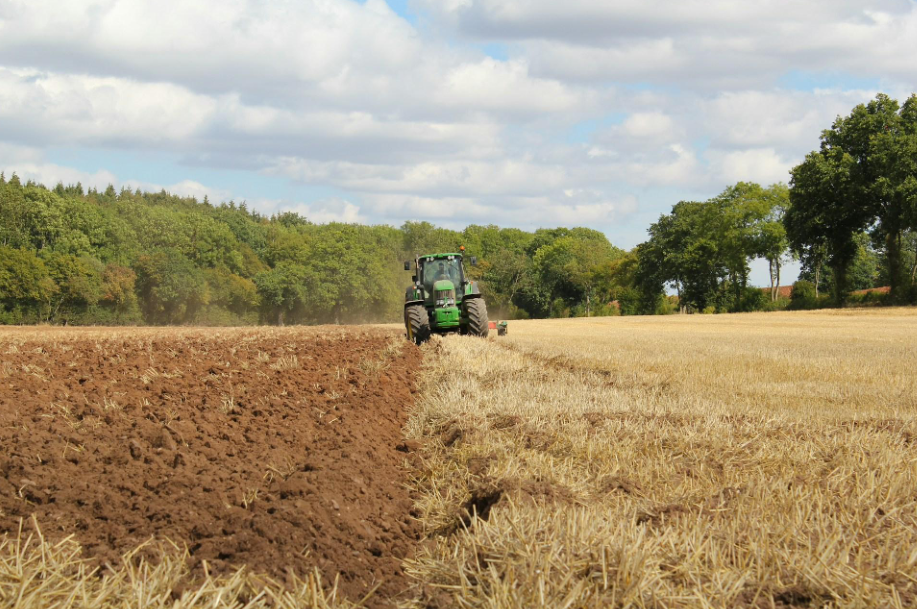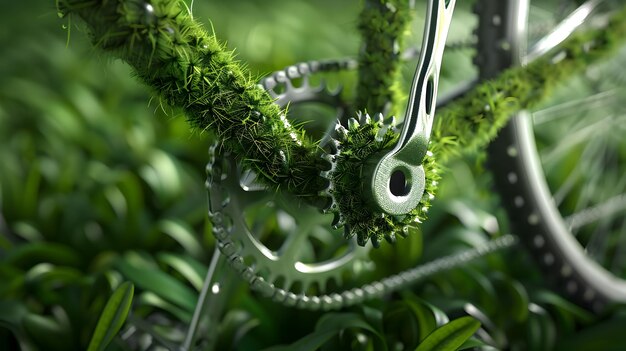Common Challenges and Solutions for Farm Mulchers
Traditional agricultural practices have long advocated for the use of mulching, a method credited with significant benefits such as moisture preservation, curbing weed growth, and managing soil temperatures. Yet, the effectiveness of this practice is largely contingent upon its application patterns. For agriculturists aiming to fine-tune their mulching procedures, discerning the intricacies of soil conditions, crop selection, and technology incorporation can be the game-changer.
Striding Beyond the Universal Approach
Mulching, in the past, has been handled with a generalised mindset, often leading to less than desirable outcomes. Each farm possesses distinct soil conditions and crop needs, thereby necessitating a customised approach to mulching.
Deciphering Your Soil:
Prior to diving into mulching, it’s paramount to thoroughly analyse the soil. The pH scale, texture, and nutrient composition of your soil lays the foundation for pinpointing the ideal materials and methods for mulching.
Crop Specificity:
Different crops command contrasting needs in terms of soil temperature and moisture retention. Tailoring your mulching technique to these prerequisites can significantly augment the plant’s health and yield.
Embracing Technology within Mulching
Integrating precision agriculture technologies into mulching practices opens a new chapter in farm management. These advancements not only streamline mulching processes but also curtail excess labour and environmental degradation.
Data-Informed Decision-Making:
Harness the power of sensors and IoT devices to monitor the soil conditions in real-time. Leverage this data to determine the optimal timing and location for mulching, ensuring maximum efficiency while eliminating wastage.
Technologically Advanced Equipment:
Invest in state-of-the-art automated mulching machines, armed with GPS and AI capabilities. The very best farm machinery and equipment in QLD dispenses mulch with absolute precision, catering to the individual requirements of different sections of the farm.
Upkeep and Apt Operational Strategies
The operational lifespan and effectiveness of farm mulchers are directly linked to consistent maintenance and correct usage. Overlooking these factors can result in escalated costs and diminished productivity.
Routine Maintenance:
Institute a systematic maintenance schedule for your mulching equipment, including part checks and replacements, lubrication procedures, and calibration verifications.
Training and Education:
Empower your farm workforce with practical training to operate mulching machines safely and effectively. Knowledge about machine handling intricacies can prevent damage, thereby extending the longevity of your equipment.
Promoting Sustainability via Enhanced Mulching Techniques
Incorporating these advanced mulching strategies doesn’t merely enhance farming efficiency, but also contributes significantly to sustainable agriculture by curbing resource waste and minimising ecological footprint. By aligning mulching protocols with soil and crop needs, harnessing innovative technologies, and maintaining equipment, farmers can optimise their operations for longevity and success.
Far from being a simple farming chore, farm mulching has evolved into a sophisticated procedure that, when perfectly executed, leads to healthier crops, richer soil, and, ultimately, a more lucrative and sustainable farming enterprise. By adopting a meticulous approach to mulching, you can guarantee that your farm remains competitive and ecologically sound for the foreseeable future.






